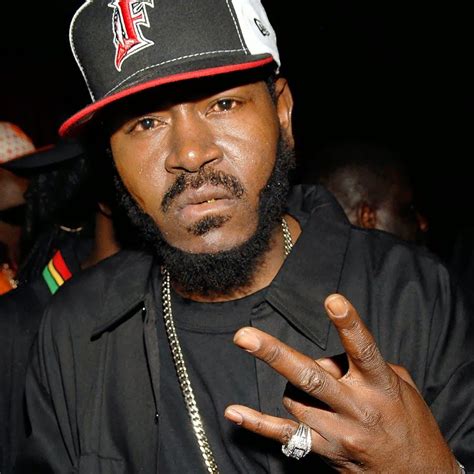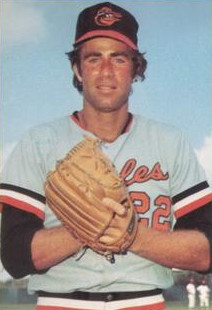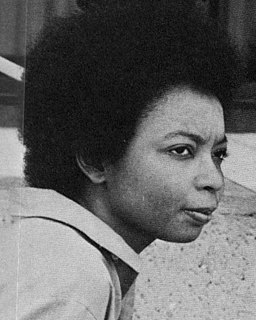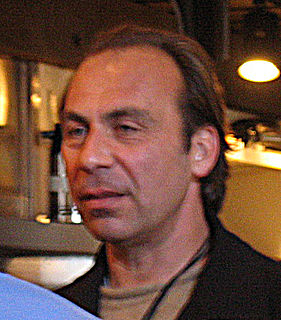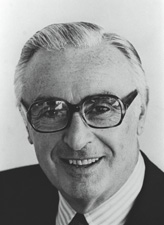A Quote by Trick Daddy
I told the truth about the Miami life. It's a nice place to visit, but you don't want to live here. I lived through two major riots and three Category 5 hurricanes, I don't know if a lot of people could say that.
Related Quotes
Why do we protect children from life? It's no wonder that we become afraid to live. We're not told what life really is. We're not told that life is joy and wonder and magic and even rapture, if you can get involved enough. We're not told that life is also pain, misery, despair, unhappiness, and tears. I don't know about you, but I don't want to miss any of it. I want to embrace life, and I want to find out what it's all about. I wouldn't want to go through life without knowing what it is to cry.
Is there anyone’s life story you don’t want to know?” “Not really.” His expression was unexpectedly serious. “Because people make a story of their lives. Gains, losses, tragedy and triumph—you can tell a lot about someone simply by what they put into each category. You can learn a lot about what you put into each category by your reaction to them. They teach you about yourself without ever intending to do it—and they teach you a lot about life.
I found that most people don't really want to know the truth. There are plenty of people who want to know the truth on their terms or require that the truth be contained within certain boundaries of comfort. But truth can never be known this way. You have to seek truth from a place of not knowing, and that can be a very threatening place because we think we already know the truth or we are afraid of what the truth might be.
My great-grandmama told my grandmama the part she lived through that my grandmama didn't live through and my grandmama told my mama what they both lived through and my mama told me what they all lived through and we were suppose to pass it down like that from generation to generation so we'd never forget.
People say it's a quiet flow, that it sounds like I'm in a library. That could have come from when I was living in my old place, a nice loft. I was the youngest person in the building, and I would be working alone on my music. I would get emails two or three times a month about 'loud' music, so I became quieter and quieter about making beats.
I was born in St. Louis and lived in Pittsburgh for a bit, before my family moved to Nigeria, where they're from. We lived there for three or four years and came back to the States when I was about ten. I realised that I'd gone from place to place not fitting in. The thing that helped me fit in when moving around and not having a ton of friends was that I could make art. That was the through-line.
How forthright does the audience want the broadcasters to be? Because when you tell your truth, there's a lot of anger that comes out. I think it's a good question to ask TV people [executives] too. How much truth do they want to be told? How much truth does the league want told? Because the truth isn't just a positive truth. If you're going to tell the truth, you would be telling a lot of positive and some negative.
